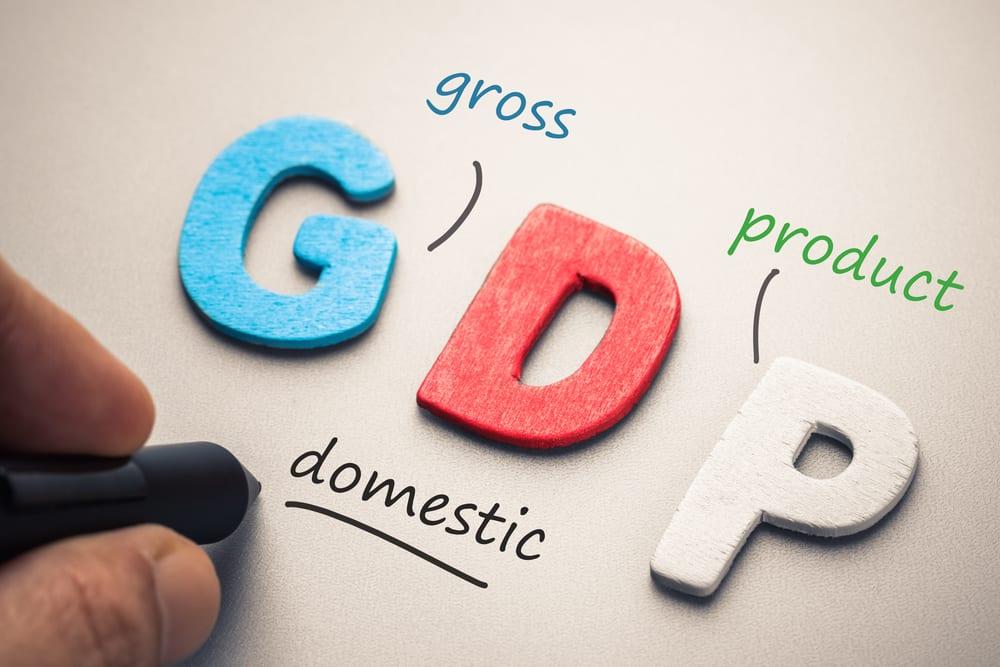IMF forecasts 6.3-percent GDP growh in Turkmenistan

By Abdul Kerimkhanov
International Monetary Fund (IMF) has said that Turkmenistan's GDP will grow by 6.3 percent in 2019, according to the IMF mission’s press release, published on the Fund’s website.
IMF mission led by Natalia Tamirisa visited Ashgabat during November 5-12, 2019 to assess recent developments and discuss economic and financial policy priorities with senior government officials, representatives of the business and financial sectors, and the diplomatic community.
Real hydrocarbon GDP growth in 2019 is expected to be 5.7 percent versis 5.4 percent in 2018. Real nonhydrocarbon GDP growth in 2019 will be 6.5 percent against 6.3 percent in 2018.
IMF forecasts the nominal GDP in 2019 to be $45.3, an increase of $4.5 billion compared to 2018.
Country’s exports will grow by 8.1 percent to $12.6 billion, imports - by 1.6 percent, to $5.4 billion. Foreign direct investment in 2019 will amount to three percent of the GDP compared to 3.5 percent of GDP in 2018.
The external debt of Turkmenistan's public sector will increase in 2019 to 27.1 percent of GDP compared to 25.4 percent of GDP in 2018. At the same time, the total public debt (including internal and external public debt) in 2019 will amount to 30.7 percent of GDP against 29.1 percent of GDP in 2018. Gross investment in
As noted in press release, Turkmenistan continues to pursue an investment-led growth strategy underpinned by import substitution and export promotion policies, directed concessional lending, and related broad exchange controls on international transactions and payments.
Developing the private sector and diversifying the economy away from hydrocarbon exports requires stepping up reforms to ease administrative control, opening the economy to competition, and improving transparency.
Increasing healthcare and education spending and targeting it better toward achieving human development outcomes is essential for nurturing talent and creating opportunities for all citizens.
Natalia Tamirisa has said that reducing the footprint of the state and opening the economy to competition is important to promote economic efficiency and market development.
“Alongside, phasing out directed cheap credit would help steer financial resources to the most productive use and would help create a market-based, more efficient financial system. Prudential oversight should be strengthened in tandem to maintain financial stability,” Tamirisa suggested.
Furthermore, she said steps to improve the efficiency of public spending are needed to increase its impact while saving public financial resources.
---
Abdul Kerimkhanov is AzerNews’ staff journalist, follow him on Twitter: @AbdulKerim94
Follow us on Twitter @AzerNewsAz
Here we are to serve you with news right now. It does not cost much, but worth your attention.
Choose to support open, independent, quality journalism and subscribe on a monthly basis.
By subscribing to our online newspaper, you can have full digital access to all news, analysis, and much more.
You can also follow AzerNEWS on Twitter @AzerNewsAz or Facebook @AzerNewsNewspaper
Thank you!
